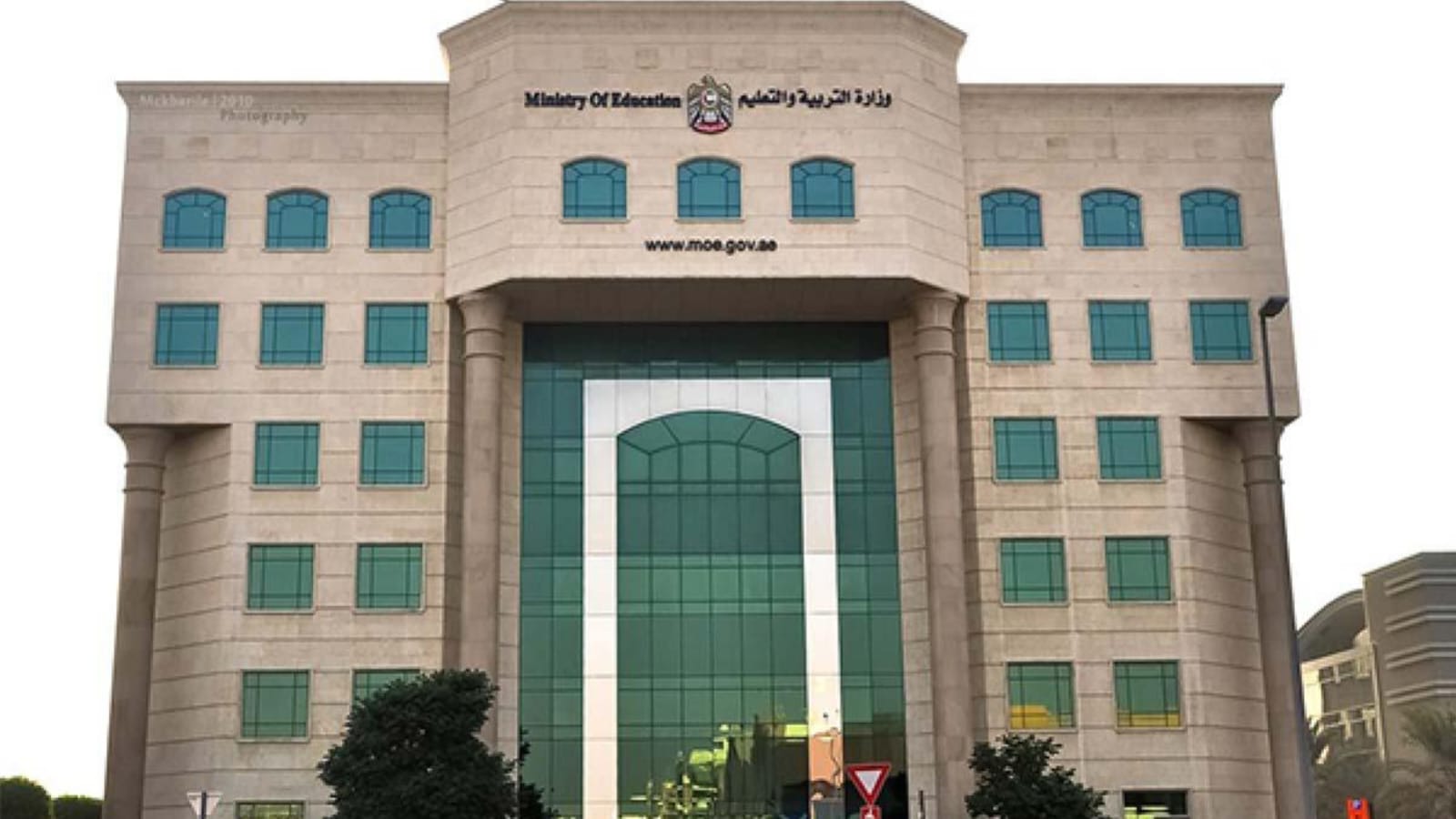UAE to Use Artificial Intelligence for Creating and Monitoring Laws

In a groundbreaking initiative, the United Arab Emirates (UAE) has decided to harness the power of Artificial Intelligence (AI) to develop and oversee its legal framework. This innovative step, recently announced by Sheikh Mohammed bin Rashid Al Maktoum — Vice President, Prime Minister of the UAE, and Ruler of Dubai — marks a new chapter in legislative governance. The announcement followed a cabinet meeting held at Qasr Al Watan in Abu Dhabi, where a futuristic vision for legal transformation was laid out. The crux of this new direction lies in the establishment of a Regulatory Intelligence Office under the cabinet’s general secretariat, which will spearhead the AI-powered legislative strategy.
This strategic endeavor is not just a technological update but a paradigm shift. The UAE is preparing to overhaul how laws are created, evaluated, and implemented by integrating AI into every step of the legislative lifecycle. The goal is to create a more responsive, efficient, and globally aligned legal system that evolves with the country’s fast-paced development.
Regulatory Intelligence Office: The Brain Behind the Vision
At the heart of this transformation lies the new Regulatory Intelligence Office. This institution will play a central role in creating a unified and intelligent legislative map of the UAE. It will bring together all federal and local laws, integrating them seamlessly with judicial rulings, executive procedures, and public services.
The idea is not merely to digitalize existing structures but to rethink how laws are drafted and maintained. By using AI to connect disparate legal databases and decision-making processes, the UAE aims to eliminate redundancy, streamline legal research, and significantly cut down the time needed for legislative activities. The office will also use real-time data to assess the socio-economic impact of existing and proposed laws, ensuring they remain effective and relevant.
According to statements released after the cabinet meeting, this AI ecosystem will not only monitor the immediate effects of legislation but will also recommend timely updates and reforms. By feeding AI systems with extensive datasets from national and international sources, lawmakers can make informed decisions quickly and confidently.
Speed and Precision in Legislation
One of the major benefits of integrating AI into the legislative process is efficiency. The UAE government estimates that the AI-supported system will accelerate lawmaking by up to 70 percent. This means a significant reduction in the time and manpower needed for drafting, evaluating, and enacting laws. Traditional legislative processes often span months or even years, but AI can cut this down to weeks by automating research and impact analysis.
Moreover, the precision with which AI can scan through massive volumes of legal documents and case laws offers a new level of accuracy. In the legal world, where one overlooked clause can lead to extensive issues, this kind of computational thoroughness is invaluable.
Sheikh Mohammed emphasized that this system is designed not just for speed but also for quality. AI can help identify inconsistencies, contradictions, or outdated elements within current legislation, providing suggestions for modernization and improvement based on global standards and practices.
Global Integration and Local Relevance
The AI-powered legislative model will be designed to keep the UAE’s laws aligned with the best international practices. The system will link with major global research centers, allowing the UAE to track and adapt policies from leading legislative environments around the world. This alignment ensures the country remains competitive, compliant, and progressive on the international stage.
However, the UAE’s unique cultural, legal, and socio-economic fabric will remain at the core of this innovation. The system is built to adapt these international models to suit local needs, preserving national identity while ensuring world-class governance. It’s a fusion of global intelligence and regional relevance, ensuring that AI doesn’t override human values or traditional norms.
AI and the Judiciary: Setting the Stage
The UAE’s investment in AI is not limited to legislative processes. Over the past few years, the country has made significant advances in incorporating AI into its judiciary and public services. From predictive case outcome analytics to automated documentation and digital hearings, the UAE’s judicial infrastructure is already well-acquainted with AI applications.
This prior investment has created a fertile ground for legislative AI to thrive. The interconnectedness between courts, executive bodies, and public service platforms allows for a smoother integration of the new Regulatory Intelligence Office’s systems. Data from court rulings and legal procedures will directly feed into the AI system, providing real-time feedback loops for legislative adjustments.
It’s a synergistic ecosystem where every arm of the government speaks the same digital language — enabling faster decisions, fewer bureaucratic hurdles, and more coherent governance.
A Strategic Edge in Legal Technology
The UAE’s bold step into AI-driven lawmaking isn’t just about efficiency or modernization; it’s a calculated move to gain a strategic edge. By becoming a pioneer in legal-tech, the country positions itself ahead of global competitors in governance innovation.
In an increasingly complex global landscape, countries that can adapt quickly to change — whether social, economic, or legal — are more likely to thrive. AI provides the analytical muscle to do just that. With its early investment, the UAE is betting that digital legislation will soon become the global standard, and it wants to lead that transition.
This strategic outlook aligns with the UAE’s broader vision of becoming a global hub for innovation, smart governance, and future-centric leadership. Legal frameworks are foundational to all progress — and with AI, the UAE aims to make those foundations smarter, faster, and stronger.
Reimagining Governance for the Future
Sheikh Mohammed bin Rashid Al Maktoum’s vision for AI-powered legislation is not merely a technological project but a redefinition of governance. The creation of the Regulatory Intelligence Office is the first concrete step toward a future where laws are living, evolving systems — intelligent, adaptive, and deeply connected to the realities they govern.
While challenges remain — such as data privacy, ethical programming, and transparency — the UAE’s proactive approach signals a deep commitment to innovation. If successful, this model could inspire a global rethink of how legal systems operate, offering a blueprint for 21st-century governance.








9 Comments
[…] Diversification: Investments in renewable energy, artificial intelligence, and space exploration, such as the Mohammed bin Rashid Space Centre and Barakah Nuclear Power […]
[…] cornerstone of defense against cybercrime. “As reliance on digital platforms, social media, and artificial intelligence grows, educating the public is critical to preventing fraudsters from exploiting […]
[…] entertained during the school break. With the UAE’s growing focus on technology, particularly Artificial Intelligence (AI) and robotics, alongside vibrant sports and arts programs, summer camps in Dubai and Abu Dhabi offer […]
[…] Artificial Intelligence (AI) is shaping the future of humanity in ways never imagined before. From healthcare to education, business to governance, AI is influencing almost every sector of life. Recognizing both its benefits and its risks, the United Nations (UN) has taken a historic step by establishing two new mechanisms to promote international cooperation on AI governance. […]
[…] UAE has declared an ambitious goal: to produce 60 trillion artificial-intelligence (AI) tokens through its sprawling data-centre campus, positioning the country as a global “factory of […]
[…] funding and operational support for projects in the UAE. These strategic engagements help drive AI research, infrastructure and business adoption at […]
[…] also underline a key message: AI education is not a future plan, but a present reality shaping classrooms […]
[…] internal networks and physical office locations once defined who could access systems. However, AI adoption, cloud migration and remote work have rendered these boundaries […]
[…] scientific insights that will support governments in developing safe, inclusive, and evidence-based AI frameworks. Moreover, the initiative reflects growing international urgency around managing both the […]
Comments are closed.